News
-
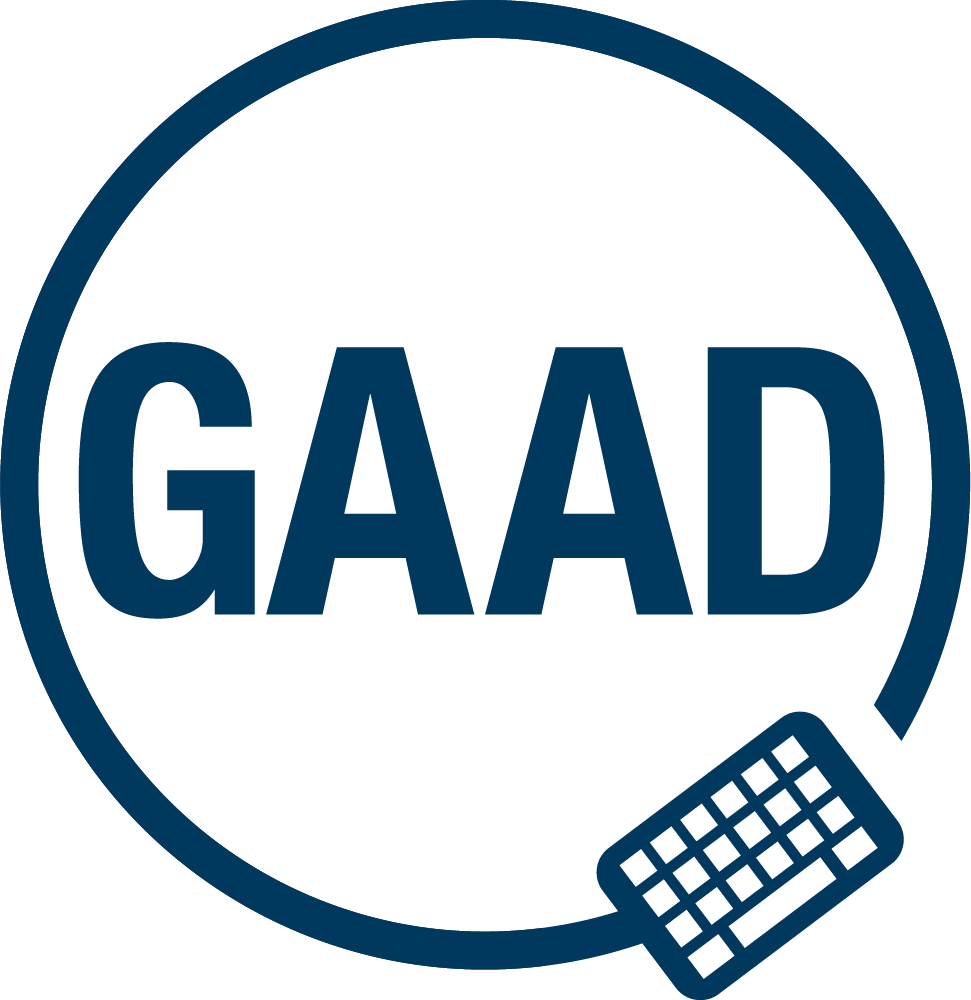
Global Accessibility Awareness Day 2025
On Nov. 27, 2011, Joe Devon, a web developer out of Los Angeles, wrote an article about the need for accessibility in web design. “Much effort is going into the semantics […]
-
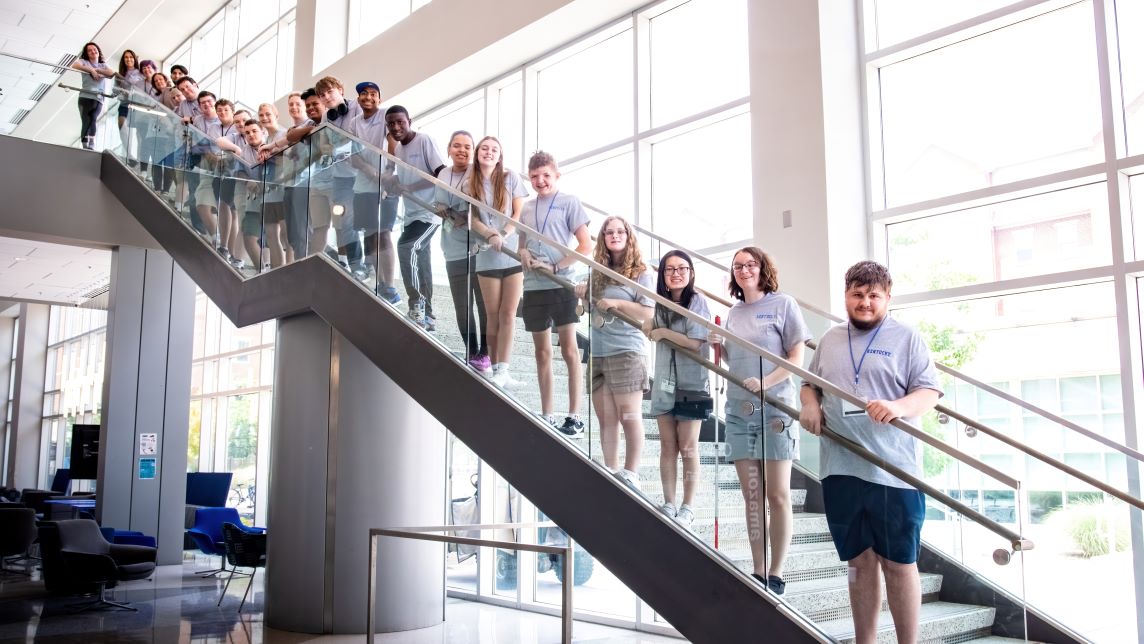
HDI and OVR collaborate to host Summer Leadership Experience
For almost 10 years, the Human Development Institute has operated a summer camp to help high school students with disabilities figure out next steps post high school that lead to […]
-
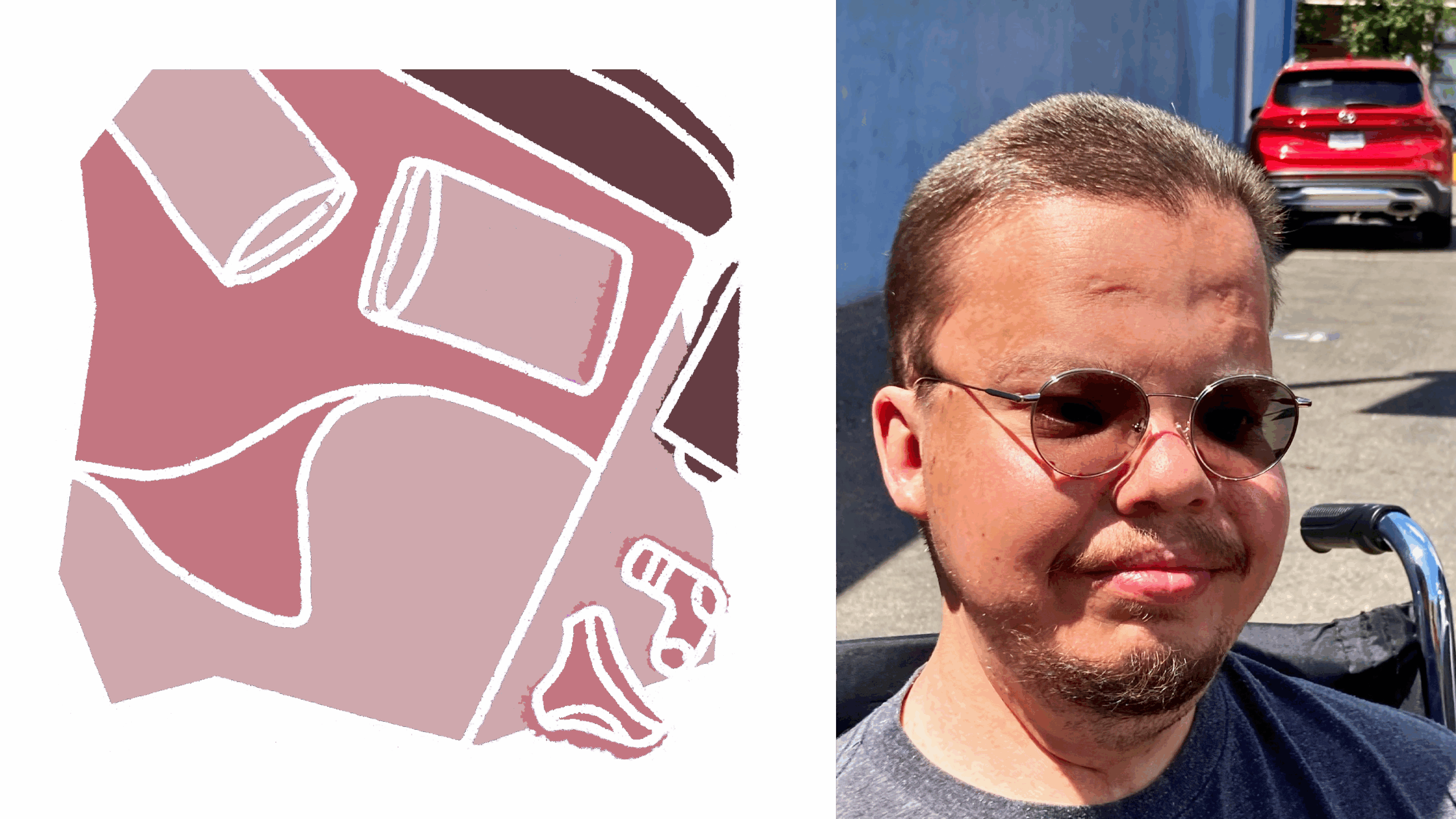
Let’s talk about sex and Disability: JD Otsuka’s ‘Pillow Talk’ opens the conversation
People are often uncomfortable talking about sexuality, especially in how it relates to disability. JD Otsuka’s play “Pillow Talk” challenges that discomfort directly. Pillow Talk was one of four plays […]
-
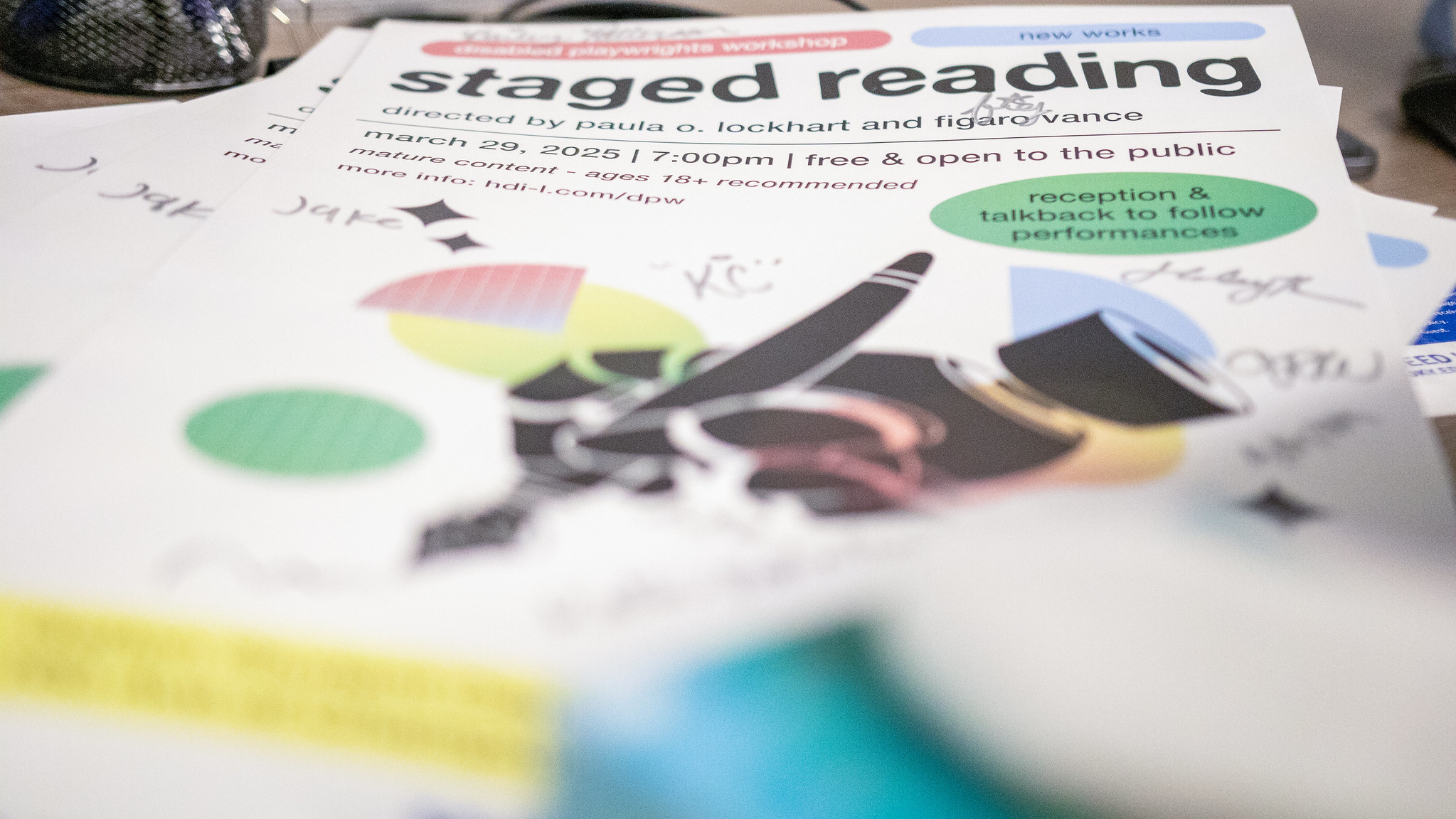
Written by Us: The Disabled Playwrights Workshop Reclaims the Narrative
Bailey Patterson has a background in almost every side of theater. That means she’s seen firsthand how disability is often excluded from those spaces. “I’ve been witness to a lot […]
-
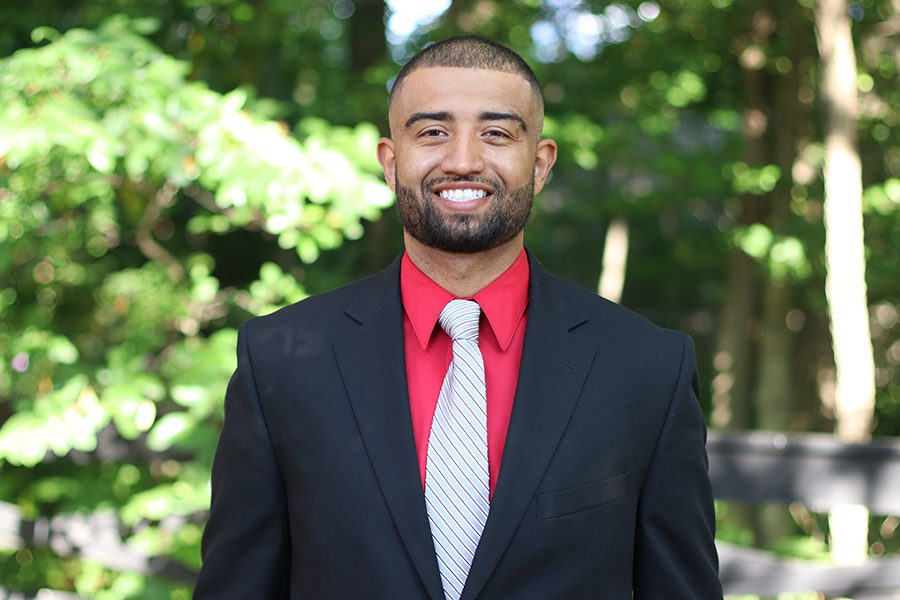
Wishing Dr. Wright well at Gonzaga University
During his time at HDI, Director of Underserved Populations Dr. Nicholas Wright has enjoyed the opportunity to help bring underrepresented viewpoints to the forefront. Now, he will bringing the same […]
-
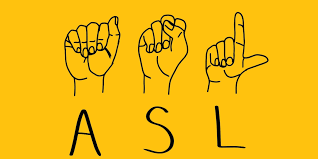
HDI Interpreters Serve at the Southeast Registry of Interpreters for the Deaf
Anyone closely involved with the Deaf community in the region will likely be at the Southeast Registry of Interpreters for the Deaf conference. As Alisha Salyers, a member of HDI’s […]
-

From Dungeons & Dragons to Romance: Writing, Identity, and the Power of Representation in Disability and Mental Health
“I think the first stuff I ever really wrote were backgrounds for my D&D character when I was in high school,” Jaz Brown said. As a fellow pen and paper […]
-
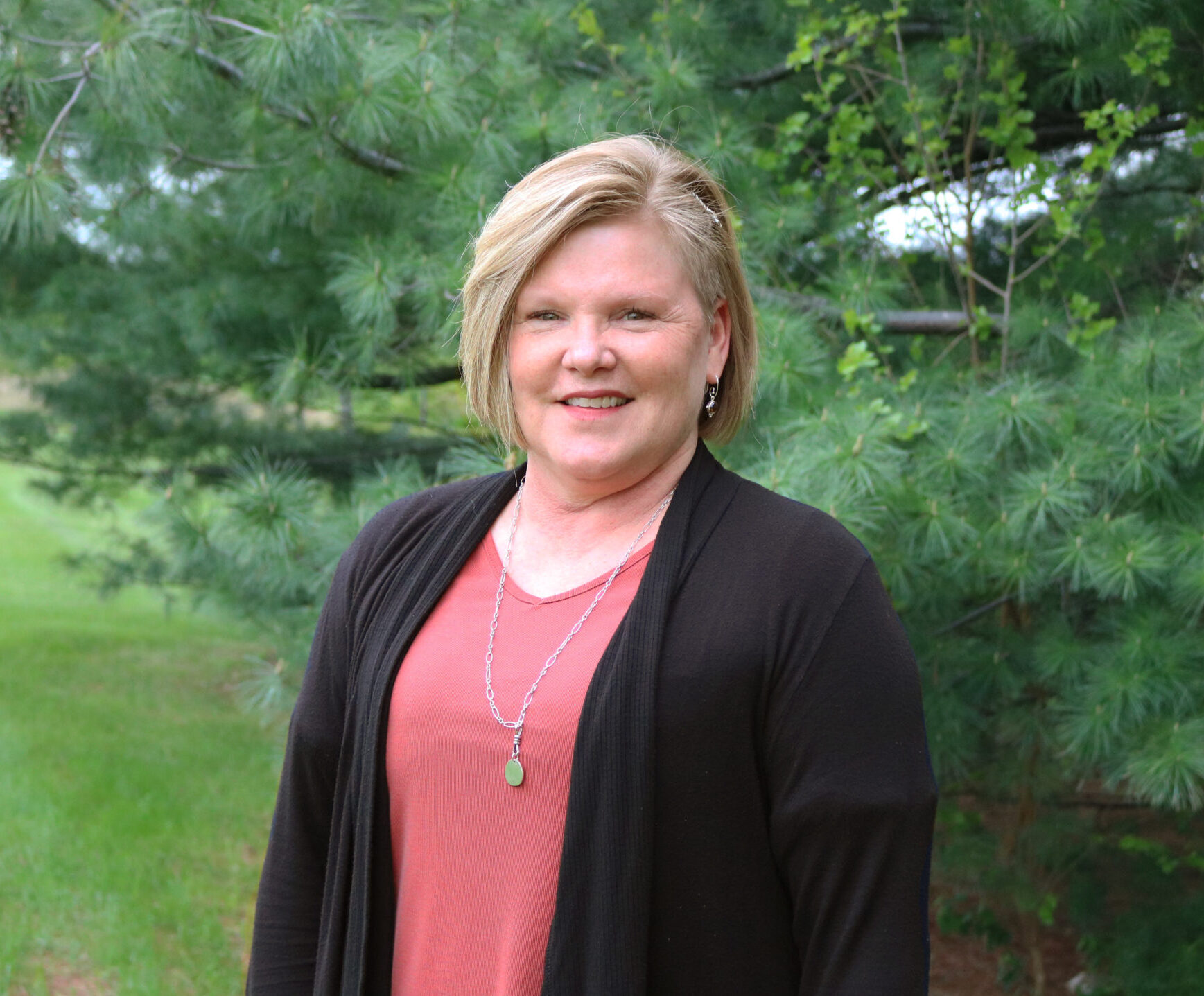
Mental Health ASL Interpretation in Kentucky
There is only one other person in the state of Kentucky who is certified to do what Lisa Amstutz does the way she does it. Amstutz is a Qualified Mental […]
-
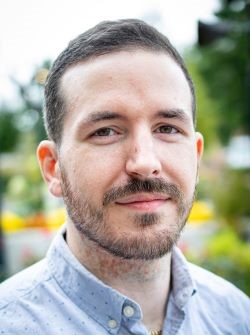
Staff Profile: Skyler Hill
Skyler Hill has worked in every level of business, but he’s never worked anywhere like HDI. “It’s not a traditional ‘business’ in that the motivation for profit is strictly longevity,” […]